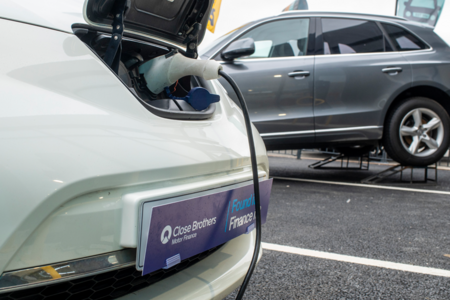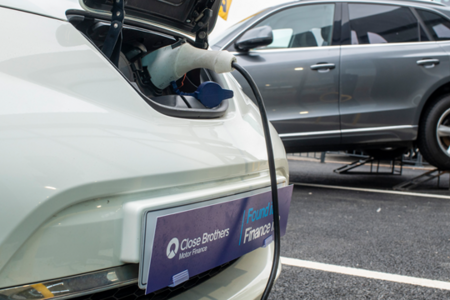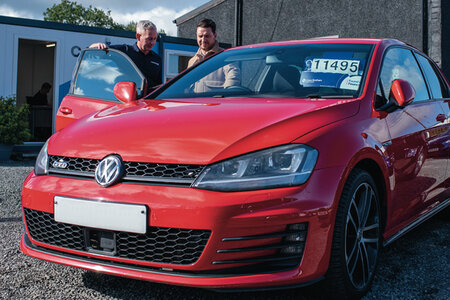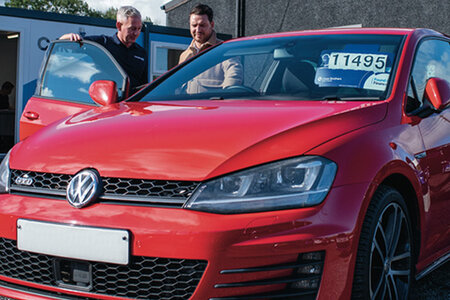For many of us, cars mean much more than simply getting us from A to B. New research from Close Brothers Motor Finance shows the deep relationship many Brits have with their cars. 29% of Brits ‘love’ their car, and nearly a quarter (24%) of people feel attached to their vehicle. Interestingly, more than a third (35%) of women ‘love’ their cars in comparison to just under a quarter (24%) of men.
For many, cars have their own personality, and more than 11% of people admitted to having a name or nickname for their vehicle, with females (14%) more likely to do this compared to males (9%). It might sound frivolous, but cars are a vital part of our lives, and we depend on them for everything from getting us to work to connecting with loved ones. They are often part of our most important moments. Decision making about car buying might be driven in part by performance, economy, or tech, but a significant proportion of the population will look for a more emotional response to a car.
For 17%, their car is ‘like a friend’ to them, and 15% of those surveyed agreed that their car is ‘more than just a vehicle,” highlighting how valuable the personal connection with a vehicle can be.
Understanding these connections and people’s reasons for choosing cars is something that can help dealers consider how to approach a sale on their forecourt.
Seán Kemple, Managing Director at Close Brothers Motor Finance, said: “It’s interesting to understand just how much meaning cars have and how personal the relationship can be to a person. For many people, cars are more than just a way of getting around. They are often a reflection of our individual personalities and traits, and different vehicles will suit different people for all kinds of reasons, not all of which will be immediately obvious.
“Selling a car is a complex business, and dealers will know that some people are looking for more than just technical specifications and price and will be looking for vehicles that suit their lifestyle and, importantly, appeal to them more than any other. The more insight we have into the emotional as well as the rational drivers of car buying, the better we can incorporate those learnings into best practices and sales processes. This will help dealers continue to meet the needs of a wider range of customers and offer the best service possible.”












